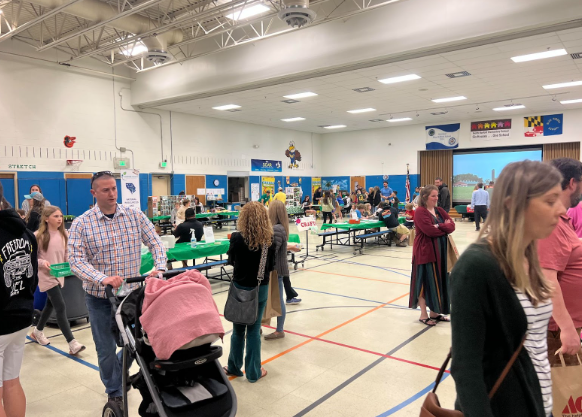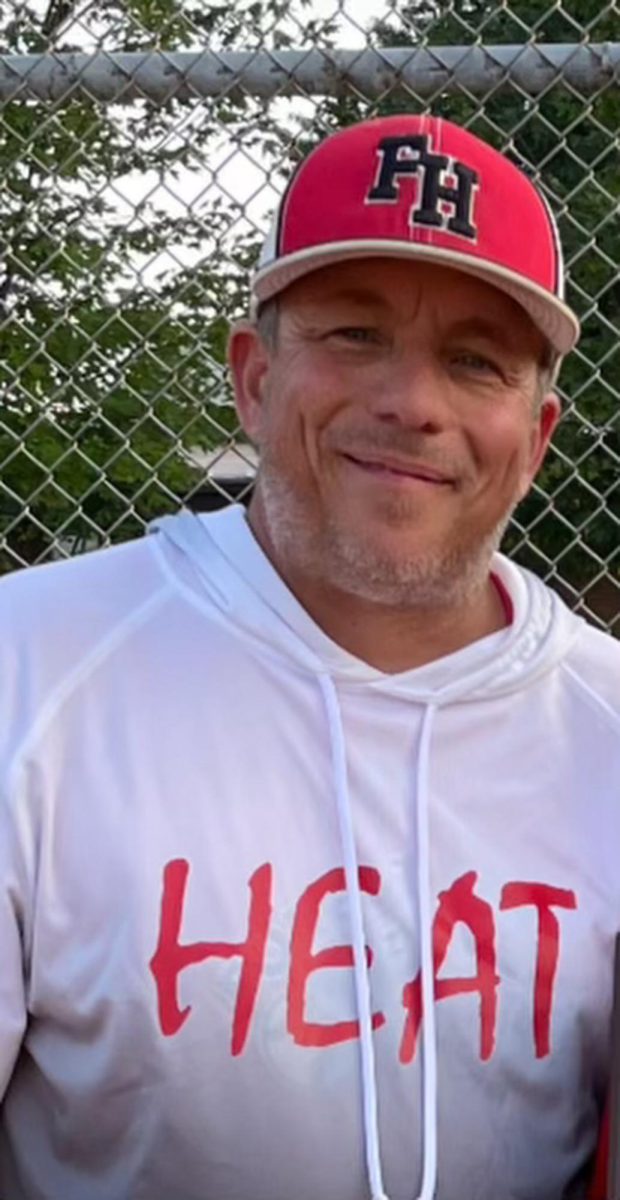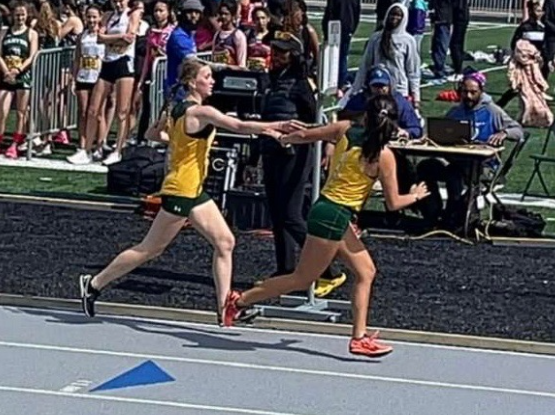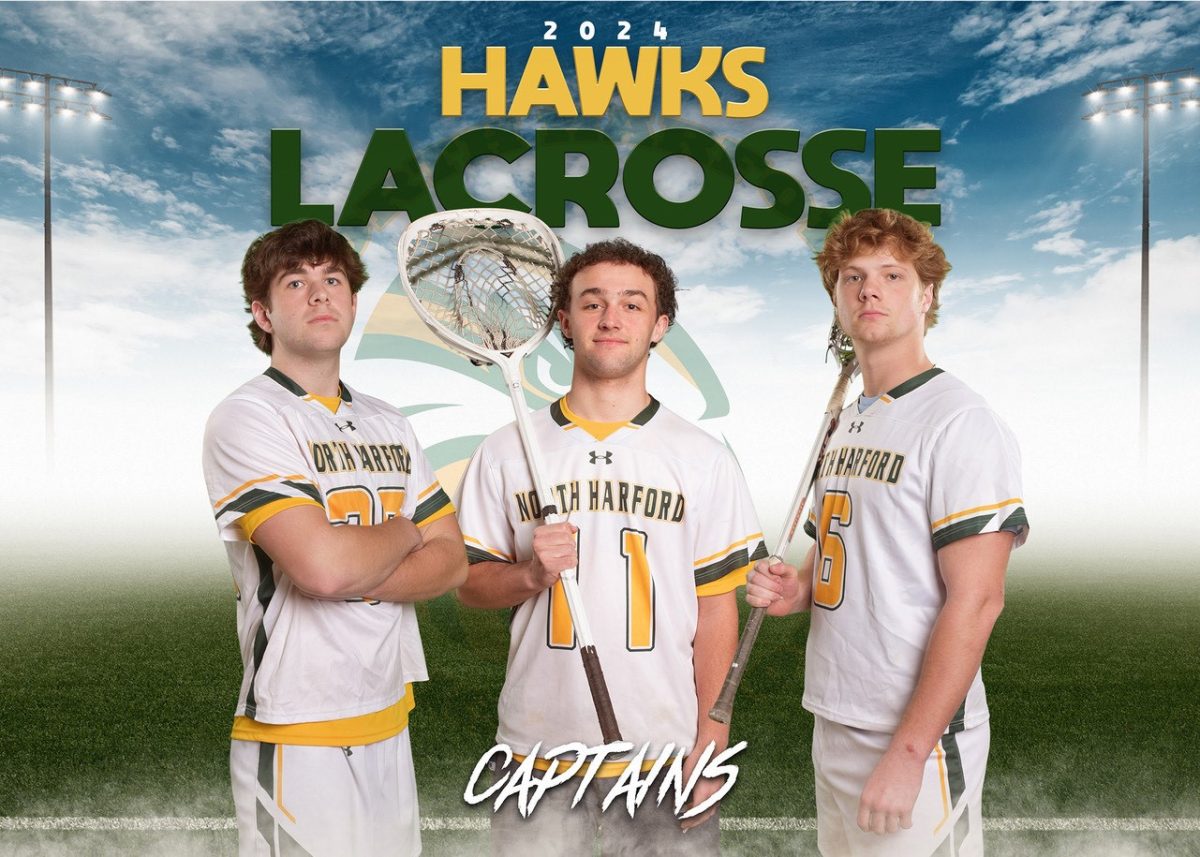The concept of dating shows have been going on for over fifty years, each with their own niche. Some may find one more interesting than others. But, with the meteoric rise of Love On the Spectrum and its counterpart, Down For Love, it shines a light on a little-known side of dating.
With some dating shows, such as The Bachelor, or 90 Day Fiancé, the authenticity of the love is up for debate with all of the cameras and scripts; but when it comes to the reality of Love On the Spectrum or Down For Love, there is no debate. The shows have without a doubt helped them navigate the process of finding real romantic connections.
When James Jones, star of Love On the Spectrum, was interviewed about how his experience on the show helped him, he stated, “Of course, I’m mentally kicking myself much now, but I just didn’t have the skills. It’d be great if I could go back with the level of experience and self-confidence I have now, but I’m not sure how likely that is to happen,” according to Love On the Spectrum U.S.. Jones goes on to talk about his positive social media experience after the airing of Season one. “Many people on Instagram have contacted me saying I’m inspirational. I’m trying to spread positive, hopeful messages,” he says.
The creator of the show, Cian O’Cleary, states that the purpose of the show is to, “Shine light on the diversity of the [autism] spectrum.” He says the show is a “great opportunity to keep telling stories of people on the spectrum and highlighting that sometimes people do need support when it comes to dating and relationships.”
Down For Love is the same base concept of Love On the Spectrum, but focuses on individuals with Down Syndrome. Special educator Ms. Kolbi Stahl says, “I think it’s important to follow people and let them tell their own stories and live these lives. Actually being the ones to be the ones telling their own stories, I think that’s a really cool important thing.”
She continues, “I think it is a first step; like, you know they’re still neurotypical people who are producing the show and things like, that but to have it centered around actual autistic people who are a wide range of people on the spectrum, who all have different interests and abilities and talents and everything, I think it’s a great representation of humanity and about the autism spectrum and a bunch of different types of people.”









